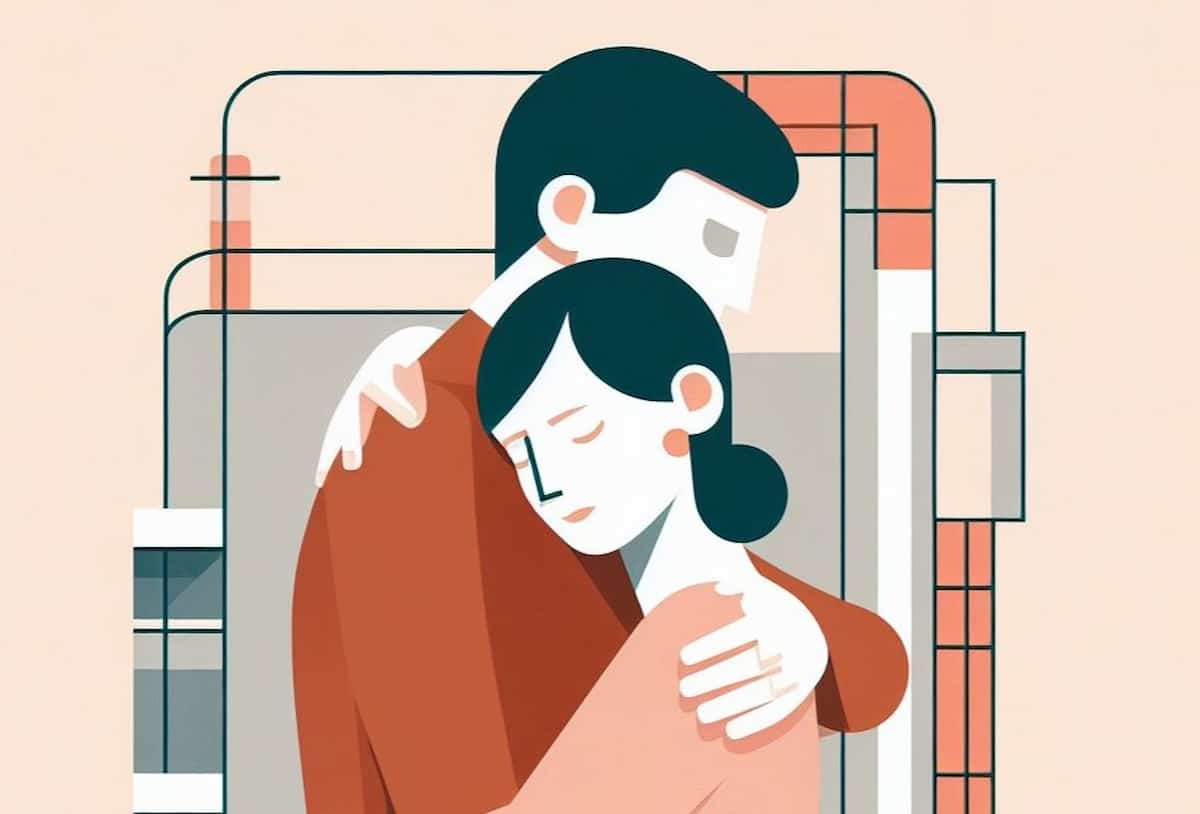People were given a stress test involving putting their hand into cold water.
Under stress, thinking about your romantic partner is enough to reduce blood pressure.
In fact, thinking about your partner is just as effective at reducing blood pressure as having them there in person.
For the study, 102 people were given a stress test involving putting their hand into cold water.
The results showed that thinking about, or having your partner in the room, lowered blood pressure.
Dr Kyle Bourassa, the study’s first author, said:
“This suggests that one way being in a romantic relationship might support people’s health is through allowing people to better cope with stress and lower levels of cardiovascular reactivity to stress across the day.
And it appears that thinking of your partner as a source of support can be just as powerful as actually having them present.”
The study helps explain why people who are in love have better physical health.
Dr Bourassa said:
“Life is full of stress, and one critical way we can manage this stress is through our relationships—either with our partner directly or by calling on a mental image of that person.
There are many situations, including at work, with school exams or even during medical procedures, where we would benefit from limiting our degree of blood pressure reactivity, and these findings suggest that a relational approach to doing so can be quite powerful.”
Related
The study was published in the journal Psychophysiology (Bourassa et al., 2019).









